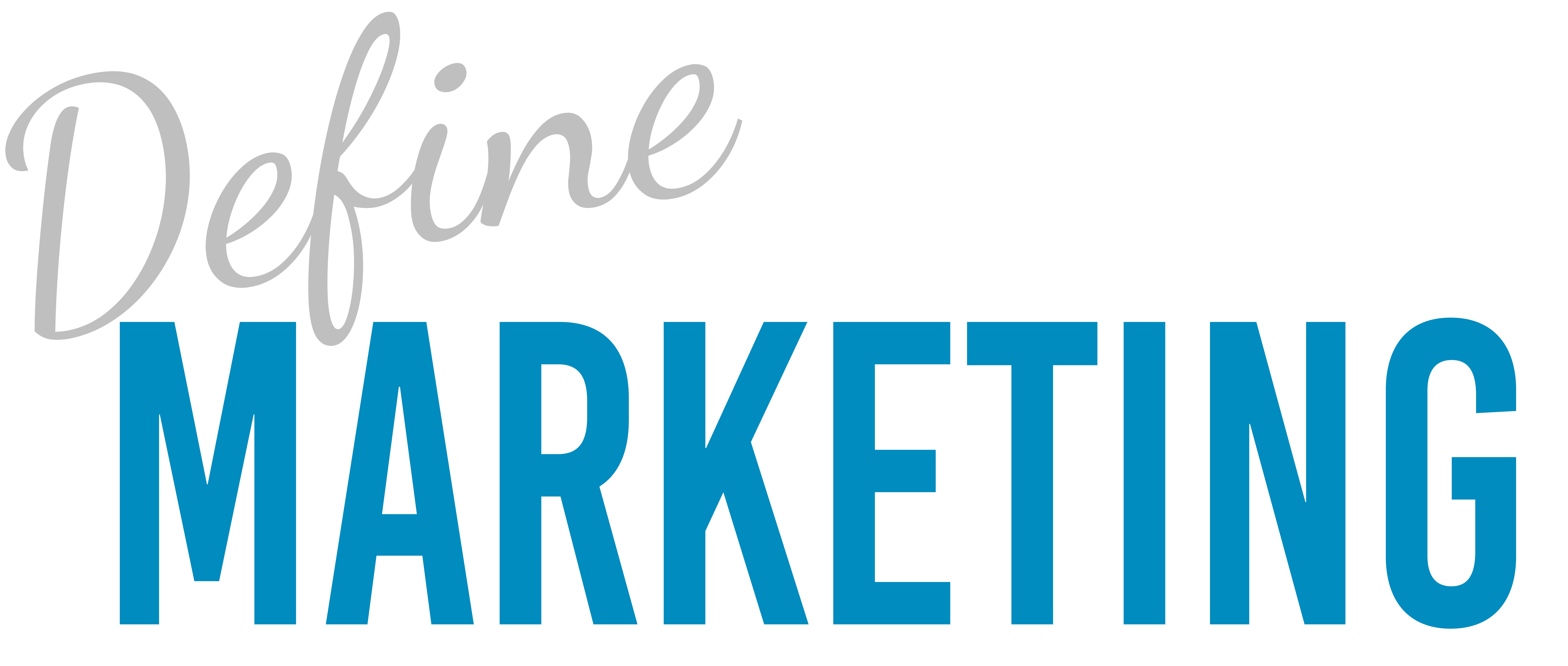A common misconception for many start-up business owners is thinking that a Facebook page is equivalent to a website. With Facebook’s vast audience and free platform, it seems like a simple, cost-effective solution to build a customer base. However, while Facebook is a valuable tool, relying on it alone is not enough for long-term business growth.
If you want your business to thrive, a website is essential. A website provides a larger platform to reach a broader audience and establish deeper connections with potential customers. It should be the cornerstone of your digital presence, showcasing all the critical details of your business in a professional way.
In today’s digital landscape, both websites and Facebook pages are necessary and complement each other. Here’s why having both can give you a stronger marketing strategy and foster business growth.
3 Reasons Why You Need Both a Facebook Page and a Website
If you’re on the fence about whether you need a website, here’s a breakdown of why you should absolutely have one.
1. Facebook is Free, but It Controls You
It’s tempting to rely solely on Facebook for your business since it’s free and allows you to connect with a massive audience. However, you’re limited in terms of what you can control and how you present your brand.
Here’s what to keep in mind:
- Limited Customization: Facebook’s template is standard for all pages. You can personalize your profile and cover photos, but beyond that, you have limited flexibility to differentiate your page from others. Even the “About” section has restrictions.
- Algorithm-Driven Visibility: Facebook determines how many people see your posts. If your audience becomes disengaged and stops interacting with your content, your posts may stop showing up in their news feeds, and you may end up having to pay for advertising to regain visibility.
- Lack of Control: Facebook owns the platform, which means they can update their terms, rules, and algorithms without your consent. This can limit your reach and restrict how you operate your business on the platform.
While Facebook is great for engagement and building community, you’re operating within a framework where you have minimal control.
2. A Website Requires Investment, but It Establishes Credibility
A professional website gives you complete control over your business’s online presence, building credibility and trust with potential customers.
Here’s how a website helps:
- Brand Customization: With a website, you have the freedom to design it according to your brand’s identity. You can add comprehensive information about your products, services, company story, and values, which is difficult to achieve solely on Facebook.
- Better Search Engine Rankings: Websites with well-optimized content rank better in search engine results than Facebook pages. Having relevant content that aligns with what your audience is searching for increases your chances of appearing higher in Google’s rankings.
- Professionalism: When you invest in a domain, you typically get a company email. Consider the difference between receiving an email from info@yourdomain.com versus yourbusiness@yahoo.com—the former looks much more professional.
A website positions your business as reliable, professional, and credible, which can increase customer trust and lead to more conversions.
3. Having Both Widens Your Business Reach
Not everyone uses Facebook to discover new products or services. Many users prefer search engines like Google when looking for high-quality products or businesses. By relying only on Facebook, you miss out on potential leads who prefer other online platforms.
Here’s why having both is critical:
- Broader Audience Reach: A website allows you to capture search traffic from those who aren’t on Facebook. By having both a Facebook page and a website, you engage with a wider audience.
- Cross-Promotion: Your Facebook page can drive traffic to your website, and vice versa. This cross-promotion creates more opportunities to engage potential customers and increases the likelihood of conversions.
In other words, having both a website and a Facebook page allows you to diversify your audience reach and ensures that you’re not relying on just one platform to grow your business.
Takeaways
Why choose between a Facebook page and a website when you can—and should—have both? While it’s understandable that some business owners may want to avoid upfront costs, investing in a website is a smart decision for long-term success.
If you’re ready to take the next step and build a professional website, Conceptual Creative has a team of experienced web designers and developers to help you create a site that reflects your brand and engages your audience.


